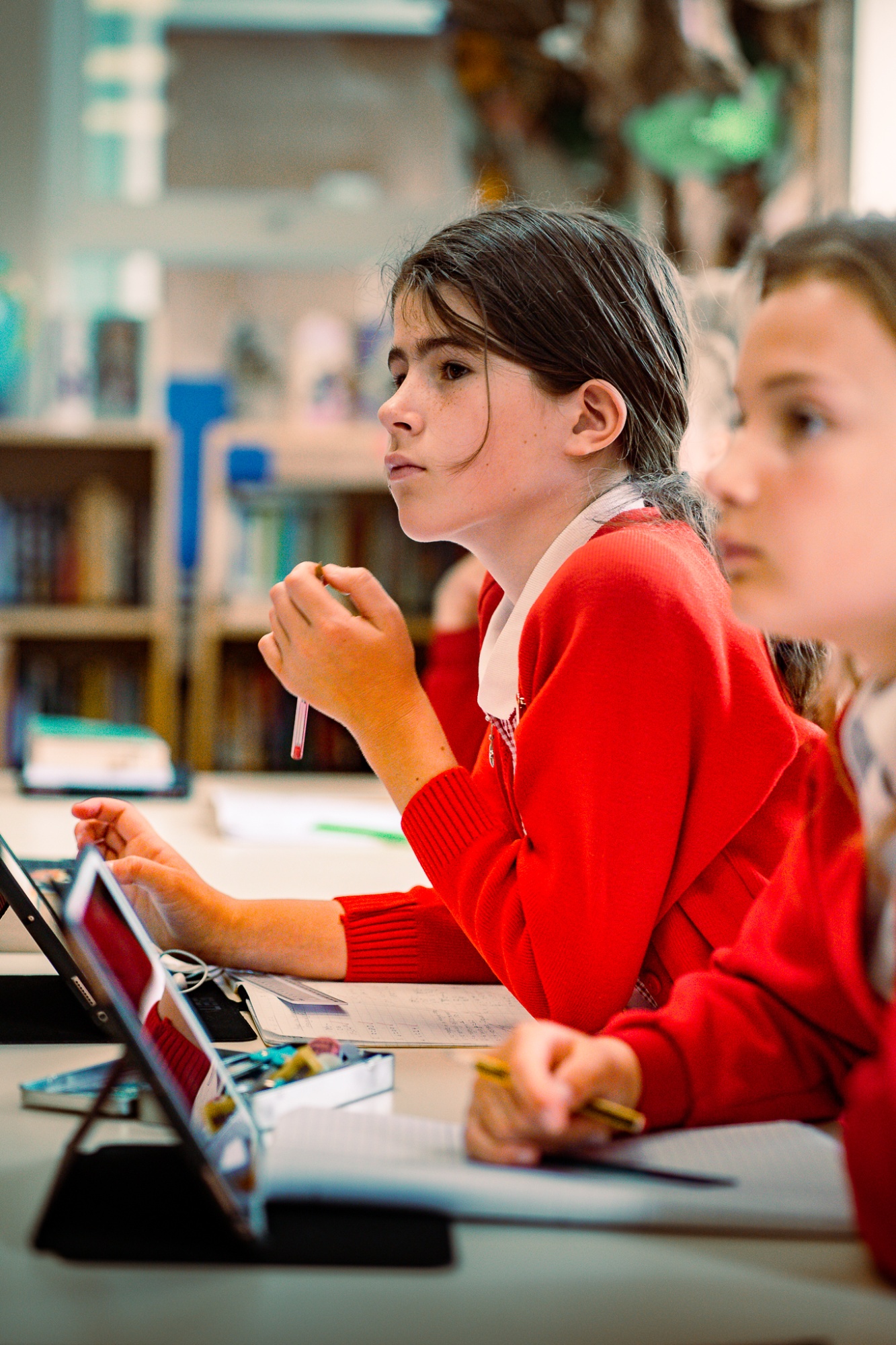Computing
Intent
At Halam Church of England Primary we teach a high quality computing curriculum, aligned to Purple Mash, in order for pupils to participate effectively and safely in the digital world. The Scheme of Work is intended to facilitate teachers in achieving the very best outcomes for children. It exposes children to a wide variety of digital tools, technological skills, and innovations whilst also learning how to stay safe online.
Implementation
Our curriculum develops the fundamental skills, knowledge and understanding of computing. The computing curriculum covers the three strands of the National Curriculum from EYFS up to Year 6:
• Computer science (programming and understanding how digital systems work)
• Information technology (using computer systems to store, retrieve and send information)
• Digital literacy (evaluating digital content and using technology safely and respectfully)
We use Purple Mash, although the scheme of work has been adapted to fit our 2 year cycle. This curriculum is underpinned by the latest computing research and demonstrates effective pedagogical strategies throughout.
Learning outcomes from the National curriculum for computing have been structured into a taxonomy of ten strands;
• Algorithms — Be able to comprehend, design, create, and evaluate algorithms
• Computer networks — Understand how networks can be used to retrieve and share information, and how they come with associated risks
• Computer systems — Understand what a computer is, and how its constituent parts function together as a whole
• Creating media — Select and create a range of media including text, images, sounds, and video
• Data and information — Understand how data is stored, organised, and used to represent real-world artefacts and scenarios
• Design and development — Understand the activities involved in planning, creating, and evaluating computing artefacts
• Effective use of tools — Use software tools to support computing work
• Impact of technology — Understand how individuals, systems, and society as a whole interact with computer systems
• Programming — Create software to allow computers to solve problems
• Safety and security — Understand risks when using technology, and how to protect individuals and systems
This ensures a comprehensive and clear progression of skills and knowledge in computing from EYFS to Year 6.
Online safety and digital citizenship are also taught through personal, social, health education (PSHE), spiritual, moral, social, and cultural (SMSC) and citizenship curriculums. This is supported by specific online safety units. In addition, we do Internet Safety days to further encourage awareness and appropriate online use.
Impact
Computing is taught mostly in discrete lessons but also across the wider curriculum. Children apply their knowledge and skills in computing to support their learning across all subject areas. Each pupil in Key Stage Two has their own iPad; pupils use these to complete specific computing lessons, as well as daily, to support their learning across all subjects. They confidently use technology to research and record their learning. Pupils are independent and are able to manage their own learning through the use of devices and programmes. Pupils are motivated to lead their own learning, they are able to make connections across the curriculum. We have a range of other devices such as laptops and BeeBotts, and a set of iPads for key stage 1.

